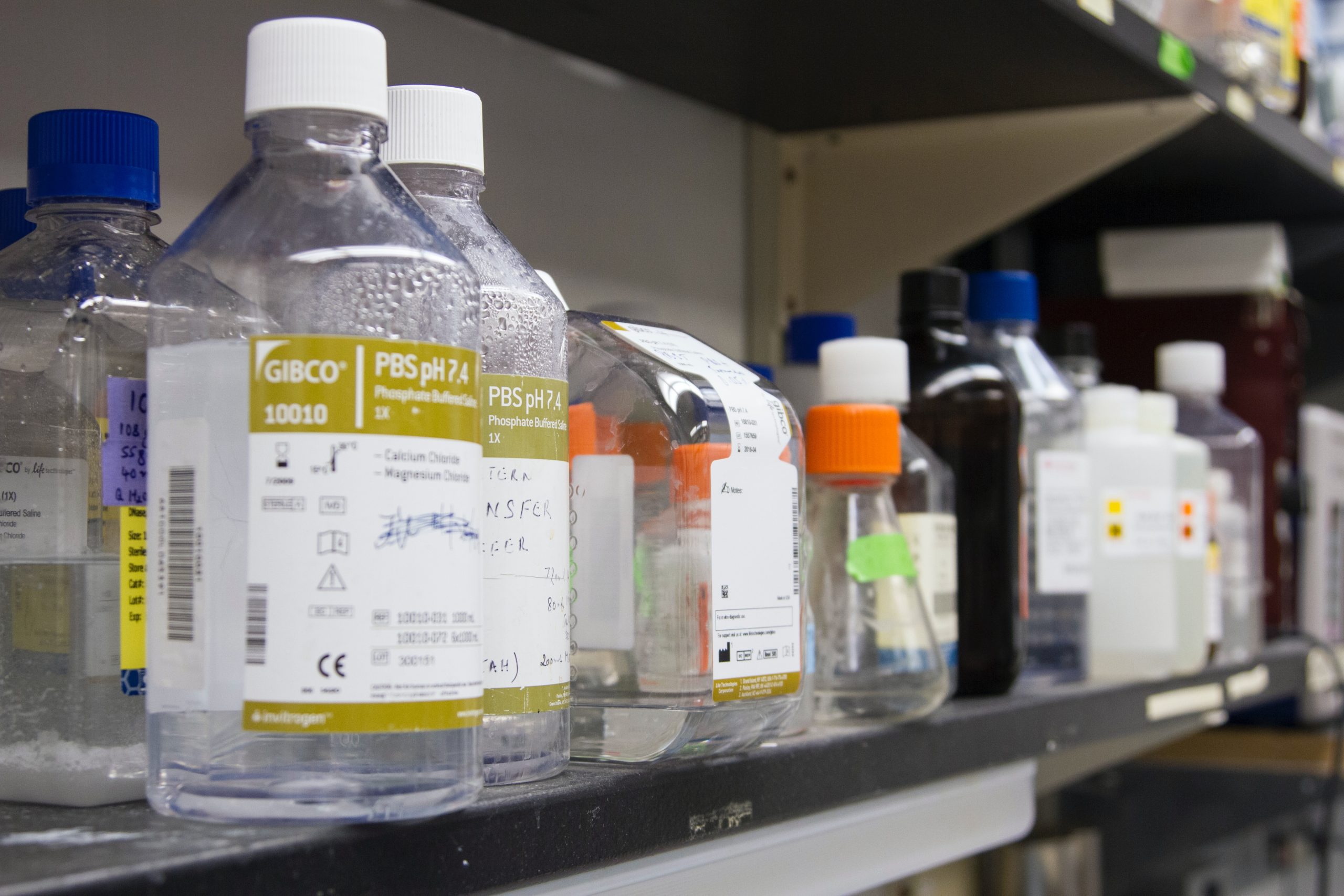Cholera is a serious bacterial infection that can cause severe diarrhea and dehydration, leading to death within hours if left untreated. It is caused by the Vibrio cholerae bacterium, which is commonly found in contaminated water and food. In this article, we will explore how to recognize and prevent the spread of cholera.
Recognizing Cholera Cholera symptoms can range from mild to severe, with severe cases leading to dehydration and death within hours. The most common symptom of cholera is profuse, watery diarrhea that is usually painless and has no odor. Other symptoms include vomiting, muscle cramps, and dehydration. It is important to seek medical attention if you experience any of these symptoms, especially if you have recently traveled to a region with a known cholera outbreak.
Preventing the Spread of Cholera Preventing the spread of cholera involves taking measures to ensure that the bacterium does not contaminate food or water sources. Here are some effective ways to prevent the spread of cholera:
- Boil or treat water: Cholera is commonly transmitted through contaminated water. Boiling water for at least one minute or treating it with chlorine tablets or other disinfectants can help kill the bacteria.
- Proper food handling: Avoid consuming raw or undercooked seafood and other foods that may have been contaminated with cholera bacteria. Make sure to thoroughly wash fruits and vegetables before consuming them.
- Personal hygiene: Regular handwashing with soap and water can help prevent the spread of cholera. It is also important to avoid sharing personal items like towels and utensils.
- Proper sanitation: Proper disposal of sewage and waste is critical in preventing the spread of cholera. Improved sanitation and access to safe drinking water can significantly reduce the incidence of cholera.
- Vaccination: Vaccination is an effective way to prevent cholera infection, especially for individuals traveling to regions with known cholera outbreaks.
Conclusion Cholera is a serious and potentially life-threatening infection that can spread rapidly in areas with poor sanitation and hygiene. Recognizing the symptoms of cholera and taking measures to prevent its spread can significantly reduce the incidence of this disease. Effective prevention strategies include boiling or treating water, proper food handling, personal hygiene, proper sanitation, and vaccination. By promoting these preventive measures, we can work towards a future where cholera is a thing of the past.










